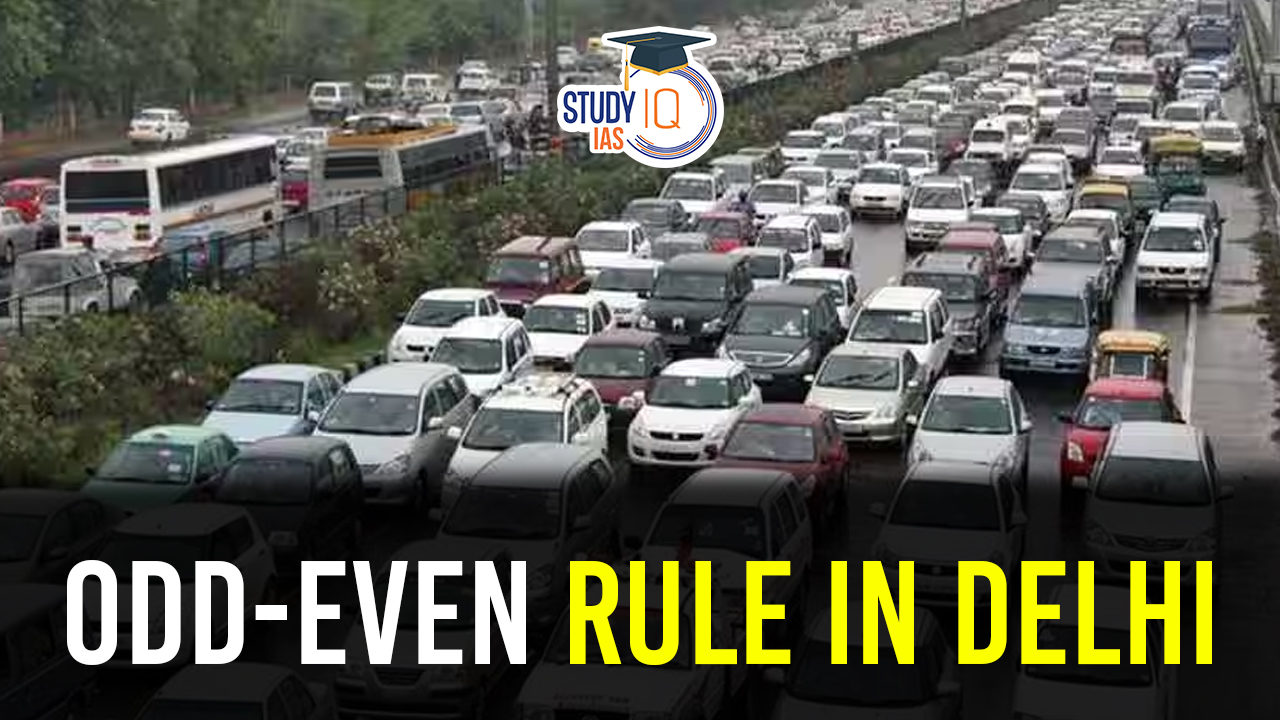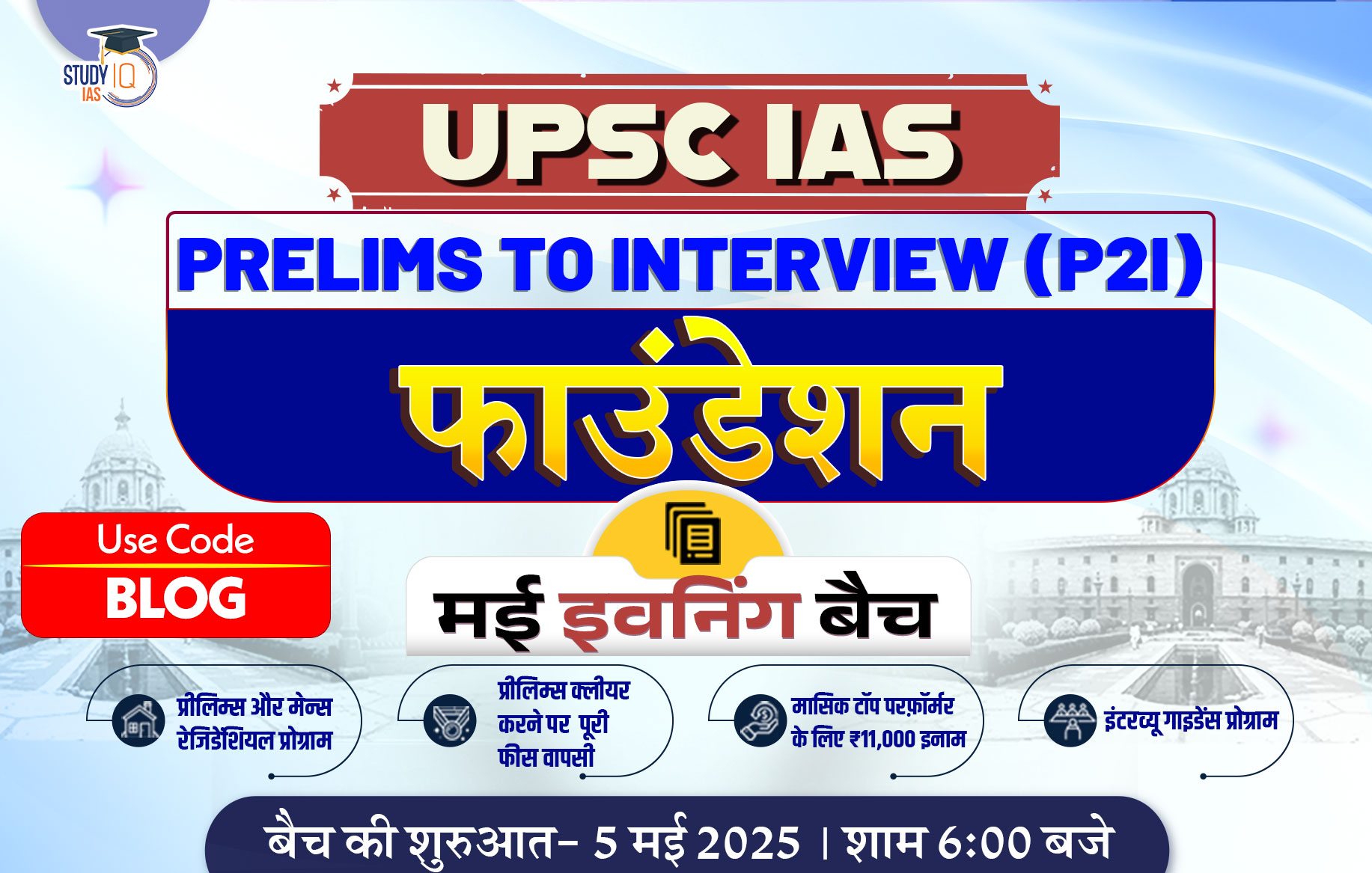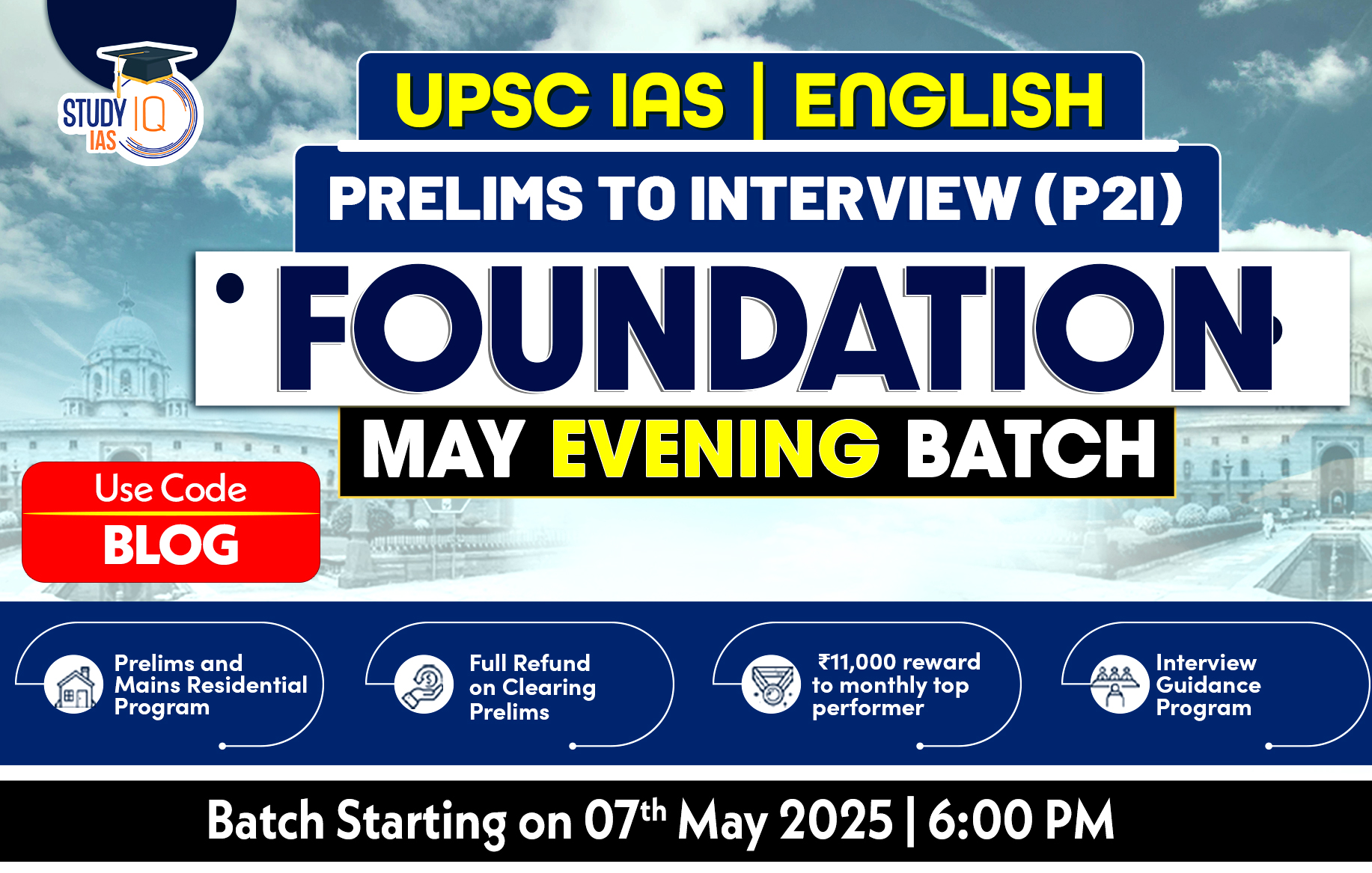Table of Contents
Delhi, the capital of India, is grappling with severe air pollution, particularly during the winter months. To combat this ongoing issue and improve air quality, the Delhi Environment Minister, Gopal Rai, announced a series of measures, including the reintroduction of the odd-even car rationing scheme. This article explores the details of these measures and their significance in addressing the worsening air quality in the city.
Odd-even rule in Delhi
The odd-even rule, which originated in 2016, is a regulatory measure that restricts vehicles with license plates ending in either odd or even numbers from operating on specific days. On an “odd” day, vehicles with license plates ending in odd numbers (1, 3, 5, 7, 9) are permitted to ply the city’s roads, while on an “even” day, those with license plates ending in even numbers (0, 2, 4, 6, 8) are allowed to do the same. This rule primarily applies during peak air pollution periods, such as the winter months when Delhi experiences a spike in smog and deteriorating air quality.
We’re now on WhatsApp. Click to Join

Odd-Even Rule in Delhi 2023
The Delhi government announced that it will enforce the “odd-even” rule for cars from November 13 to 20, 2023. The rule aims to curb the worsening air quality in the national capital.
Under the scheme, vehicles with license plate numbers ending in an even digit are allowed to operate on even dates, while those ending in odd digits can ply on odd dates. For example, vehicles with license plate numbers ending in 1, 3, 5, 7, and 9 can ply on roads on odd dates, while those ending in 0, 2, 4, 6, and 8 can run on even dates.
The odd-even formula scheme was an experiment conducted by the Delhi government. It aimed at reducing the rising levels of pollution in Delhi. Many people believe that vehicle emissions are a major contributor to Delhi’s polluted air.
Why Odd-Even rule in Delhi?
- Air Quality Concerns: Delhi consistently ranks as one of the most polluted cities in the world, with high levels of particulate matter and other pollutants. The odd-even rule aims to reduce vehicular emissions, a significant contributor to air pollution, by limiting the number of vehicles on the road.
- Traffic Decongestion: Delhi’s roads are notorious for their traffic jams and gridlocks. By alternating the days when vehicles with odd and even license plates can operate, the rule seeks to alleviate traffic congestion and improve traffic flow.
- Public Health: Poor air quality has dire consequences for public health, leading to respiratory illnesses and other health issues. The rule is a proactive measure to protect the health of Delhi’s residents.
Odd-Even Rule in Delhi Timing
The Odd-Even rule in Delhi usually starts before morning rush hour and ends in the late evening. In previous iterations, the scheme has been in place from 8 AM to 8 PM.
The Odd-Even rule limits the use of vehicles based on the last digits of their license plates. Vehicles with license plate numbers ending in odd digits (1,3,5,7, and 9) are allowed to drive on odd dates, while those ending in even digits (0,2,4,6, and 8) can drive on even dates.
The Odd-Even rule was introduced as part of the government’s efforts to reduce air pollution and improve air quality in Delhi. The scheme was implemented from November 13 to 20.
Odd-Even Rule in Delhi Exemption
The odd-even rule in Delhi exempts the following vehicles:
- Emergency vehicles: Such as ambulances, fire fighting vehicles, first responders, and highway patrol vehicles
- Police vehicles
- Two-wheelers
- Women-driven cars
- Cars with people with disabilities as occupants
- Electric vehicles
- CNG autos
- VVIP vehicles
The odd-even scheme permits cars to operate on alternate days based on their odd or even number plates. It was first implemented in 2016 by the Arvind Kejriwal government to control vehicular pollution. It was later implemented in 2017 and 2019.
Odd-Even rule in Delhi Penalty
The penalty for violating the odd-even rule in Delhi is ₹4,000. The Delhi Traffic Police is responsible for enforcing the scheme and imposing fines.
The odd-even rule allows vehicles with odd-numbered license plates to operate on odd-numbered dates, and vehicles with even-numbered plates to operate on even dates. The rule was first introduced in 2016 by Chief Minister Arvind Kejriwal. The penalty for violating the rule was initially set at ₹2,000, but was raised to ₹4,000 in 2019.
Graded Response Action Plan (GRAP)
Delhi has been placed under Stage IV of the Graded Response Action Plan (GRAP), activated when the Air Quality Index (AQI) crosses the 450 mark in the national capital. In this final stage of the anti-pollution plan, several measures come into play:
- Work-from-home is recommended for 50 percent of employees in government and private offices.
- A complete ban on truck entry into Delhi, except those associated with essential services.
- A halt on construction activities, even public projects.
- State governments can consider additional emergency measures, such as the closure of colleges and educational institutions and the enforcement of the odd-even rule.
Odd-Even rule in Delhi Benefit
The Odd-Even rule in Delhi offers multiple benefits:
- Reduces vehicular emissions and air pollution.
- Improves air quality, especially during peak pollution periods.
- Enhances public health by reducing respiratory illnesses.
- Alleviates traffic congestion and streamlines commutes.
- Encourages sustainable transportation options.
- Raises environmental awareness and a sense of responsibility.
- Acts as a flexible, short-term solution.
- Provides valuable data for research.
- Complements other pollution control measures.
Odd-Even rule in Delhi Criticisms
While the odd-even rule has been lauded for its environmental and health benefits, it has also faced its fair share of challenges and criticisms:
- Implementation Challenges: Enforcing the rule effectively, particularly in a city as vast as Delhi, is a logistical challenge. It requires robust monitoring and a high level of compliance.
- Exemptions: Some critics argue that the rule’s exemptions for certain categories of vehicles, like CNG-powered vehicles and two-wheelers, create loopholes that undermine its impact.
- Short-term Solution: The odd-even rule is primarily seen as a short-term fix. For long-term improvement in air quality, experts emphasize the need for sustainable public transportation and stricter emission norms.
Odd-Even rule in Delhi UPSC
The Odd-Even rule in Delhi restricts vehicles based on their license plate numbers during peak air pollution periods, aiming to reduce emissions, improve air quality, and ease traffic congestion. The 2023 implementation runs from November 13 to 20, exempting emergency vehicles, electric vehicles, and others. Violation results in a ₹4,000 penalty. While it offers environmental and health benefits, critics cite challenges in enforcement, exemptions, and its short-term nature, emphasizing the need for sustainable, long-term solutions.


 Cabinet Committee on Political Affairs (...
Cabinet Committee on Political Affairs (...
 Center Released Guidelines for Bio-Input...
Center Released Guidelines for Bio-Input...
 World Press Freedom Day 2025, Theme, His...
World Press Freedom Day 2025, Theme, His...





















